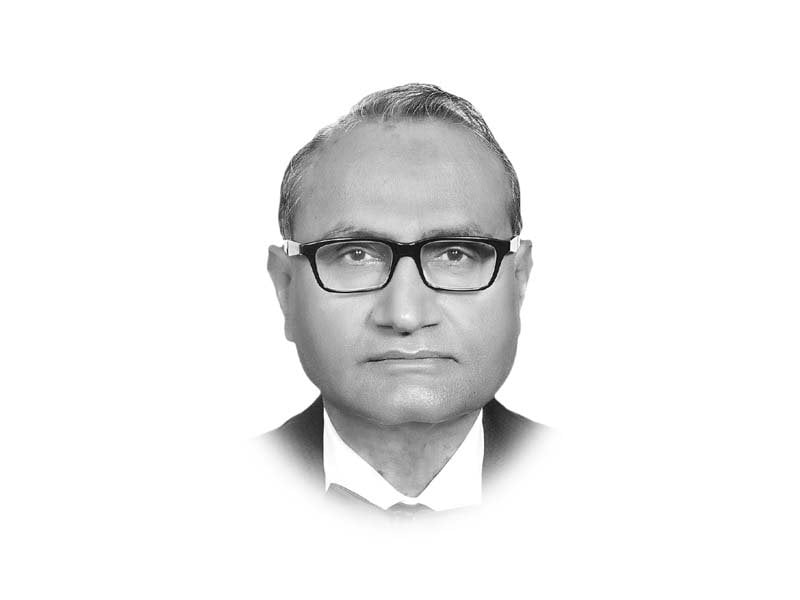
Massive foreign assistance provided to control corruption and improve governance has only made the country what Ishrat Hussain calls “ungovernable”. There is simply no ownership in the indigenous political class. While the inspiration and the source of a C&G regime is also external like the previous failed efforts, the important difference is that it is spearheaded by Pakistani diaspora. It has, so to say, more ownership. The diaspora has invested in PTI, which stands for all that middle class with foreign residence, education and business connections has experienced abroad. Their first touch of reality in Pakistan is when they experience corruption in remitting money. Next come the irritants at the Pakistan embassies abroad and the entry ports back home. The worst of all worlds is the experience of doing business. The so-called one-window turns out to be the front-window of a never-ending chain. Direct investment in a political party has afforded the diaspora an opportunity to pursue an anti-corruption agenda directly. In not too distant future, direct political participation is also on the cards. Only a workable system of vote casting needs to be worked out. For how long dual nationals won’t be allowed to hold elected or other senior official positions, remains to be seen. As the world becomes more and more difficult for migrants, tariff wars become the order of the day and the international flows of money are placed under electron microscopic watch, return migration flows cannot be entirely ruled out.
What the country loses in remittances will be more than compensated by human capital. But this is also where the problem lies. Just recall what is happening at the Pakistan Kidney and Liver Transplant Institute Lahore and the Lady Reading Hospital in Peshawar. It is a snapshot of things to come. Questions have been raised about the fat salaries of expat professionals, appointments of friends and relatives and mismanaged contracts. On their part, the expats are wondering that the salaries are nothing compared to what they left behind, recruitments were made on merit and the contracts followed best practices. Local doctors displaced in the process wonder they could also deliver, had the same salaries been offered to them. The observations of the chief justice in the Supreme Court hearings, seem to endorse this viewpoint.
Agenda C&G is hard to transplant.













COMMENTS
Comments are moderated and generally will be posted if they are on-topic and not abusive.
For more information, please see our Comments FAQ